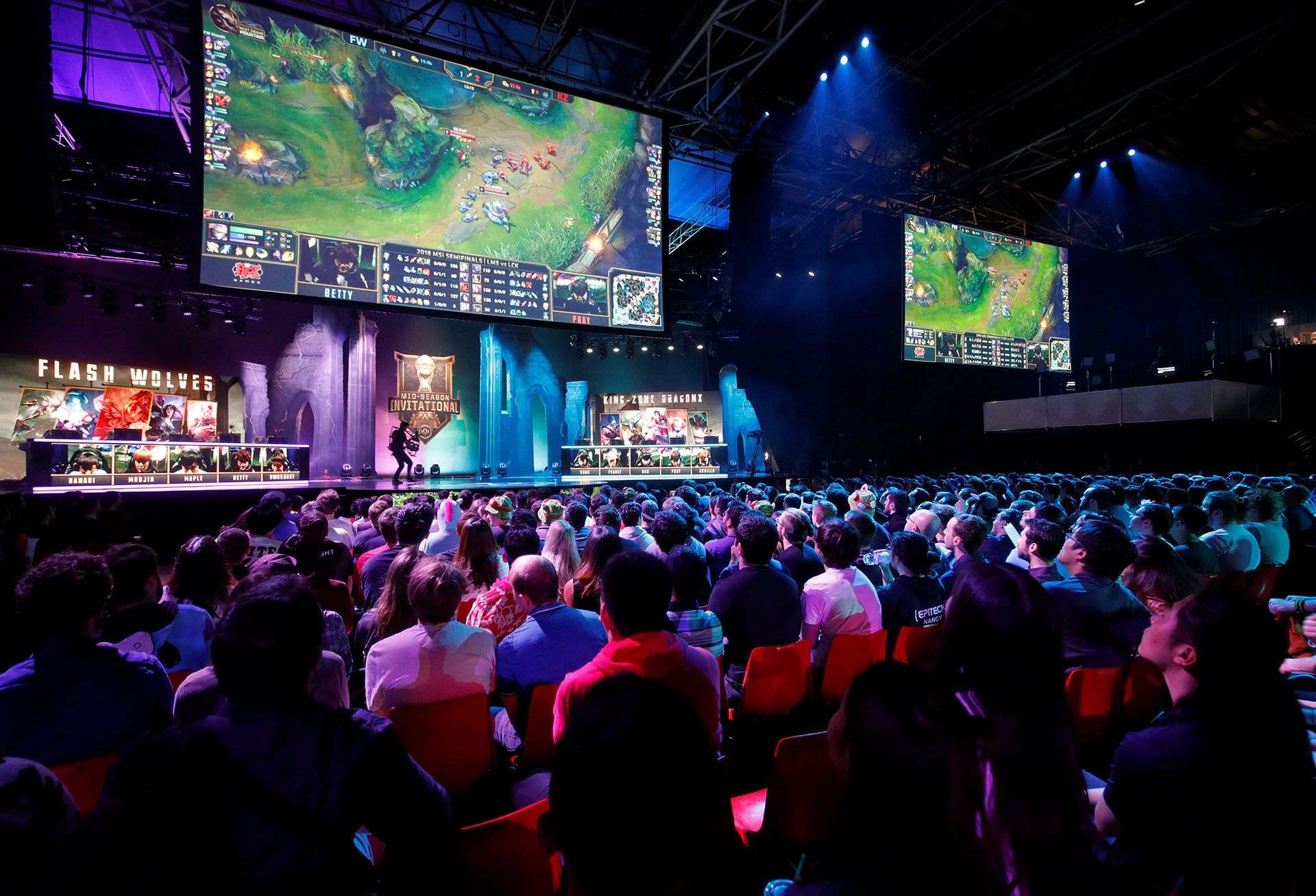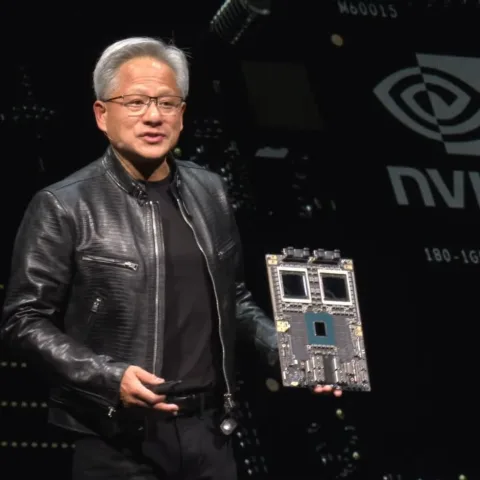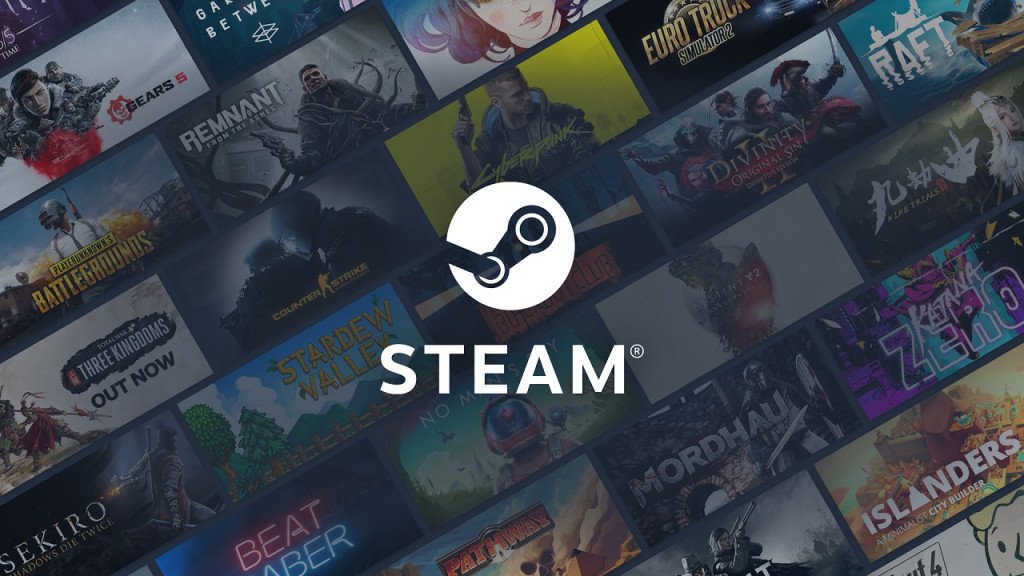Esports is currently growing at a fast pace, but it cannot be denied that this new industry has its own unique problems. The problem of talent regeneration and professionalism or the sustainability of the business model may be just a few of these unsolved problems in the esports ecosystem.
For this reason, the esports ecosystem should actually learn from its ‘big brother’, namely the startup ecosystem.
Startups and esports can be considered as two fields that intersect each other. Startup companies can have various fields, including esports, but not all esports companies can be classified as startup companies. Apart from that, what actually distinguishes the two? To answer that question, I also had a discussion with Amir Karimuddin.
Amir, or we call him ‘Mas Amir’, is a figure who has been in the startup ecosystem for a very long time. Today, he is the Head of Editorial and Research at Dailysocial.id, the sister company of Hybrid.co.id, which is a media that focuses on the Indonesian startup ecosystem. In explaining the definition of a startup, Amir said, “there are many definitions of a startup. I myself prefer to define a startup as a company that is founded with the mindset of developing a business that is validated and can grow (growth and scalability).

Amir also added that, apart from growth mindset and scalability, exposure to the technology sector is another characteristic that makes a company classified as a startup. “So as long as the concept is to build a platform with a growth mindset, then a company can be called a startup as well. In the case of the esports ecosystem, for example, a company with a goal to build an esports game platform that can be reached by millions of people that possesses a clear business model and a sustainable development plan. If a company has these 3 things, then the company can also be considered a startup. ”
However, for now, the esports/gaming ecosystem itself is divided into several more sectors. Two sectors that are commonly heard are gaming companies that focus on making and/or publishing games (game developers and publishers) and companies that focus on developing the competitive elements of a particular game (esports companies).
In this article, the part of the ecosystem that becomes the focal point of my discussion is esports companies such as ESL, LoL Esports, or Hybrid and RevivaLTV in the local context. Amir then mentions the similarities and differences between the startup ecosystem and the esports ecosystem.
“The similarities are that both have high exposure to technology and benefit from being online. Meanwhile, one of the differences between the two is the more diverse startup stakeholders, such as business people, consumers, regulators, and various support systems. From what I have observed, it seems that esports stakeholders are still dominated by the players. Besides that, esports also has elements of sport and business, while startups are purely just a business.” Said Amir.

In terms of making a profit, Yabes Elia, Chief Editor Hybrid.co.id also added that the source of income for the esports ecosystem is also ambiguous because it intersects with the gaming industry. “For example, in terms of people buying skins, are these considered as revenue from the esports ecosystem? Because, in reality, there are games that don’t have an esports scene but still get huge profits online, Genshin Impact, for example.” He said.
Two Ecosystems Where its People are Driven by Passion
The word passion is very critical in this internet era. Passion is the energy that drives both the startup and the esports ecosystem to become what it is today. “For startups, the biggest driving factor is solving problems that exist in society. There are, of course, role models, but maybe only in certain sectors such as e-commerce and ride-hailing.” Amir explaining the passion behind the startup ecosystem
If you are a “tech-savvy” person, you may remember a little about the success stories of local startups in the ecommerce and ride-hailing sector. In the ride-hailing sector, the problem of public transportation for ojek or taxi bikes, whose price and safety can be questionable at times, has become the basis for the creation of an online ojek business field now worth tens of billions of US$. Meanwhile, in the ecommerce sector, you may also remember that the issue of economic equality in Indonesia becomes the basis for creating a platform that serves as a medium for online shopping or transactions. As Amir said, both of them have the same passion, namely to alleviate problems that exist in society.
How about esports? The esports ecosystem is also driven by passion. The difference, however, is that the passion that exists in esports is competing and becoming the best. Although both are driven by passion, they develop in their own unique directions.

This difference may just be regarded as a stereotype that actually does not describe the population as a whole. Talking about the startup ecosystem, you might remember a brilliant, smart, and innovative figure like Nadiem Makarim. Then what about the esports ecosystem? JessNoLimit can be considered as one of the stereotypes of the esports ecosystem because he is both an entertainer and proficient at playing games.
But apart from these two things, no other impression is created by JessNoLimit. However, you cannot really blame those stereotypes because sport and entertainment are considered essentials in the esports ecosystem. If we use basketball as an analogy, someone like Nadiem Makarim cannot be a stereotypical ‘basketball player’. The stereotype of basketball players is, of course, NBA athletes who are proficient at basketball and are athletic, like LeBron James or James Harden.
“Actually, these stereotypes arise because of the intense competition in the startup ecosystem. Everyone wants to create the best investment and dominate the market. The target they want to achieve is incredibly high. This happens in almost all regions of the startup ecosystem because they look up on Silicon Valley as a role model.” Said Amir, discussing the stereotype of ‘startup kids’.
My vision is, more or less, similar to what Amir had explained. Since the startup ecosystem focuses on business and innovation, the competition is, therefore, to be the smartest and most innovative in the ecosystem.
Meanwhile, on the other hand, the focal point of the esports ecosystem is competition and entertainment. Thus, it is not surprising that the competition in esports is becoming the best and most proficient at the game. If you cannot be a pro, you can also be an entertainer to gain popularity, even though getting popular can sometimes be achieved in strange ways.
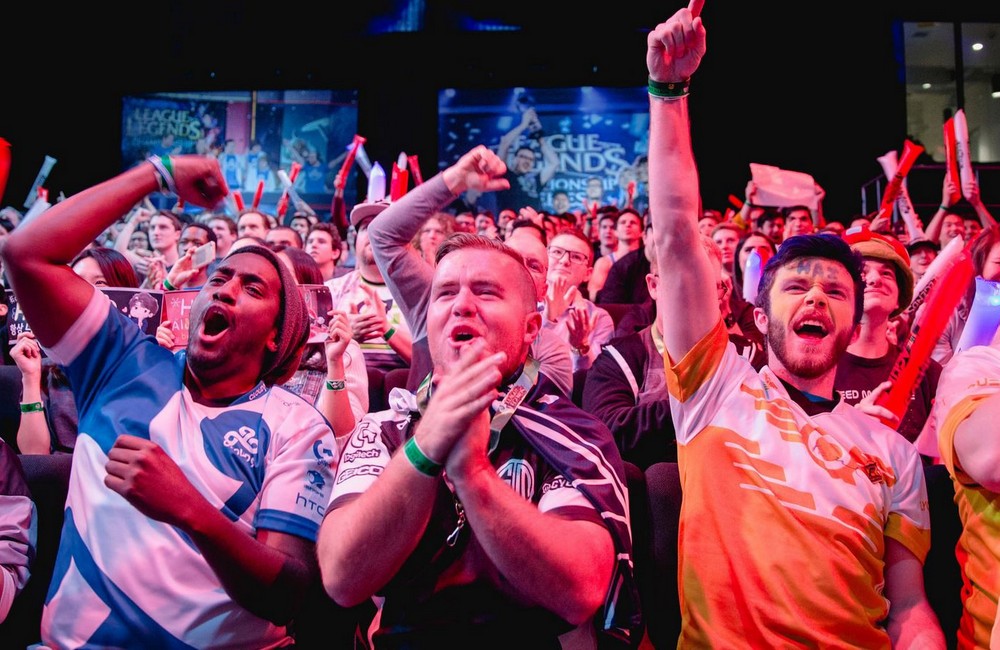
Unfortunately, the competition to be the best/most popular is sometimes not accompanied by the talents’ professionalism. In esports, finding people who are good at playing games or entertaining is relatively easy. However, the same thing cannot be said when finding exceptional talents with a high level of professionalism.
Our friends have also mentioned this problem several times to Hybrid.co.id. Muhammad Darmawan, a Free Fire shoutcaster, once mentioned the problem of Star Syndrome as one of the factors that causes the inconsistency of Free Fire Indonesian teams’ performance. Marzarian “Ojan” Sahita, General Manager of BOOM Esports, once shared about the difficulty of finding players with both great skills and attitude in the esports ecosystem. Yohannes Siagian, who previously served as Vice President of EVOS Esports, also gave a similar opinion when discussing the regeneration of esports players.
We have discussed the side of the players. What about the business and professional talent sections of the esports industry? I myself often hear stories from my friends about their difficulties when looking for professionals to work in the esports field. Most esports fans/gamers are passionate. However, it is merely just a passion for playing games with no arsenal of qualified work/professional experience. Hiring professionals from other industries is not necessarily a solution. Because being a professional in the esports industry is sometimes still not considered something serious by the general public.
I also remember the story of my friend who worked in an esports team about the difficulty of finding a video editor among esports fans. Most candidates who apply can only mention that they are fans of their team without showing their abilities as a video editor. Some applicants even do not understand how to construct a proper and correct job application, let alone get through the interview stage.
However, the importance of professionals or workers in the esports industry cannot be understated. Without them, there would be no entertaining live-stream, grand stages, nor any article/video/social media content reporting the achievements of esports athletes.

I then asked Amir about the state of today’s search for professional talent in the startup field. Amir also said, “when it comes to talent, the startup industry has a far greater demand than its existing supply. Talents and skills do exist, but they are starting to be overshadowed by massive recruitment, education, and knowledge transfers from many foreign talents.” Said Amir discussing the startup side.
“In terms of esports, maybe the industrial sector needs to be expanded. In addition, there may also need to be more role models from the successful industry sector. Transfer of knowledge from the businesses or professionals might also be a solution. But I myself have yet to fully understand if this practice can be executed in the esports industry. ” Amir expressed his opinion to alleviate the problem of professional talent in the esports industry.
Yabes also added, “the matter of knowledge transfer is crucial. According to my observation, most of the professionals/workers in the esports industry are young people who have great passion and enthusiasm but lack work experience or are just the same people all over. This is why I see that the development of knowledge of the esports industry professionals is still very limited. ”
Indeed, for now, being a pro at playing games and entertaining are two impressions that are closely attached to the esports ecosystem. Pros and entertainers are also said to get more ample financial rewards than smart and innovative individuals. Because of this, I see that the professional position of the esports industry seems to be just a bunch of ‘excess’ people who are neither good nor entertaining in the esports ecosystem.
Therefore, this could be one of the reasons why the quality of professionalism in the esports industry is still relatively mediocre. Those who have a passion for gaming may not be able to compete in other industrial fields. Meanwhile, those experienced individuals in other industries feel too proud to enter the esports industry, which tends to be considered trivial. Whereas on the other hand, it is true, as Amir and Yabes mentioned, that knowledge transfer is essential to solving this problem.
Seeing Esports and Startup Ecosystems as Two Growing Ecosystems.
For either esports or startups, you could say that both are ecosystems that still have room for growth. But is that true? The startup industry has a larger space to grow because the ecosystem can stand in any field.
“Indeed, some sectors are difficult to attract new players, for example, ecommerce and ride-hailing. But the space for startup growth is still quite large because there are still many sectors that have a low entry barrier as there are no big players there yet.” Amir shared his observations on the current condition of the startup ecosystem.
On the other hand, we can consider the esports ecosystem to be on the uprise if we look at news or predictions from industry analysis companies like Newzoo. But examining more closely, the choice of business fields to be pursued by the esports industry in the local scene is quite limited, at least from my observation.
Yabes also responded to this question, “the startup industry really needs a problem-solving mindset to become successful. For example, we can see the ride-hailing or ecommerce companies that can make life easier. But on the other hand, the esports industry is based on entertainment. It is imperative to realize that though entertainment is one of the basic needs of humans, there are other forms of entertainment besides esports. Even people who play games may have other alternative entertainments that they enjoy, such as watching movies. I think that is one of the differences between the startup and the esports industry.”
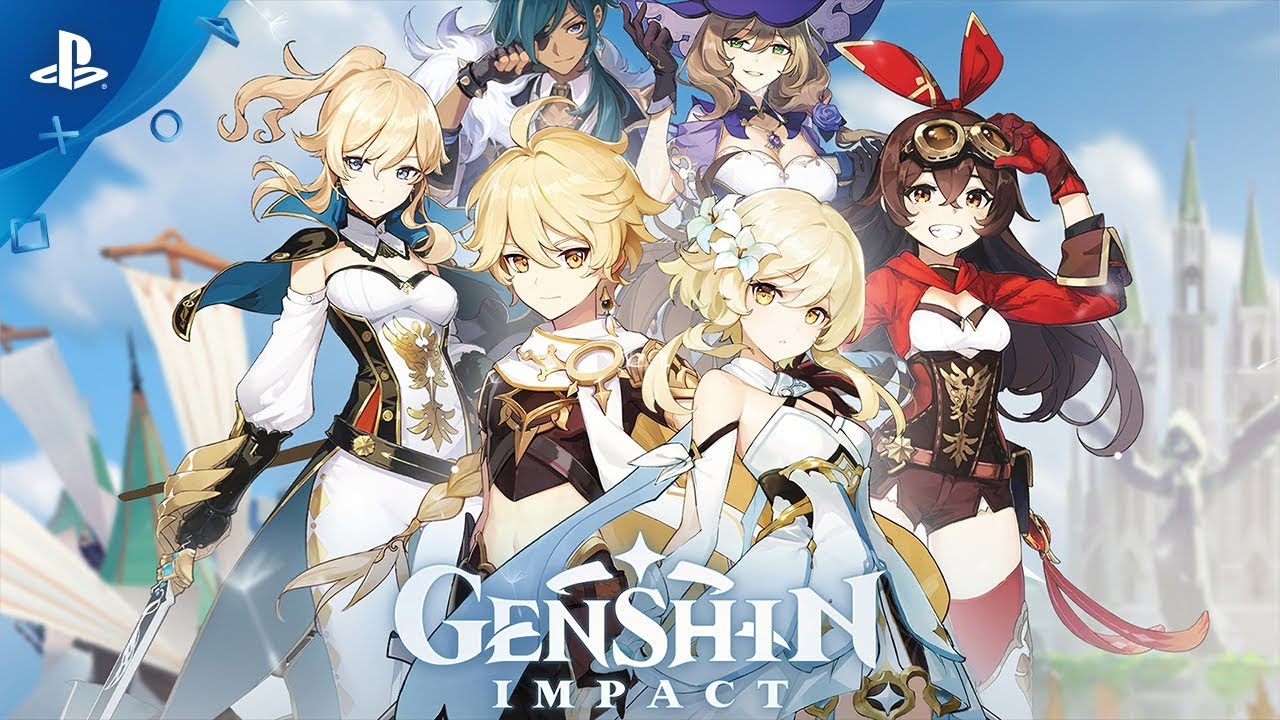
Apart from that, in my opinion, the esports ecosystem also has one other problem, namely the dependence on first-party actors, the game developer/publisher. I may have said this statement several times. But one thing to realize is that one of the biggest driving forces that have made the esports ecosystem so advanced these days is the developers themselves.
Imagine if Moonton decided to stop making games and change their business direction to become a food company. What will be the fate of the esports company that depends on Mobile Legends? Even so, one of the other advantages of the esports ecosystem is the large number of games that can be competed. But still, the third-party esports industry ecosystem is said to have a greater chance of falling than game developers who are first-party players.
Apart from this, Yabes also added that the problem-solving mindset is one of the necessary aspects for esports business players in Indonesia. “I agree with Amir’s problem-solving mindset. According to my observations, the esports industry in Indonesia tends to have a copycat mindset. For example, when the EO business is trending, everyone flocks to make EO businesses. Even though, in my opinion, esports still has many problems that are left unsolved and potentially become a business opportunity. ”
Amir then added a story about the condition of business people in the startup ecosystem. “Actually, there are non-mainstream startup players as well. Usually, these people focus on profit rather than growth. They are usually referred to as ‘cockroaches’ among startup players. But according to my observation, this group is still considered a minority.”
Conclusion
We can consider esports and startups as siblings of the new industries of this internet era. In the Indonesian context, esports, which can be said to be the “little brother”, has a lot to learn from the startup industry, the “big brother”, because it emerged beforehand.
From the conversation with Mas Amir, I strongly agree with the startup mindset that focuses on growth and problem-solving. I see that esports really needs this. After all, the esports business is a technology business that invariably needs innovation. The esports ecosystem might not last long if the typical business model is attracting masses and hoping for sponsorships. As Yabes said, esports business players must also learn to prioritize the problem-solving mindset instead of just copying the existing business model.
“In my opinion, the persistence and adaptation of players in each segment to continue to be relevant and develop should be everyone’s main focus.” Said Amir, expressing his opinion regarding the things that can be learned by the startup and esports industry while also closing our conversation to discuss the topic.
This article is translated by: Ananto Joyoadikusumo

